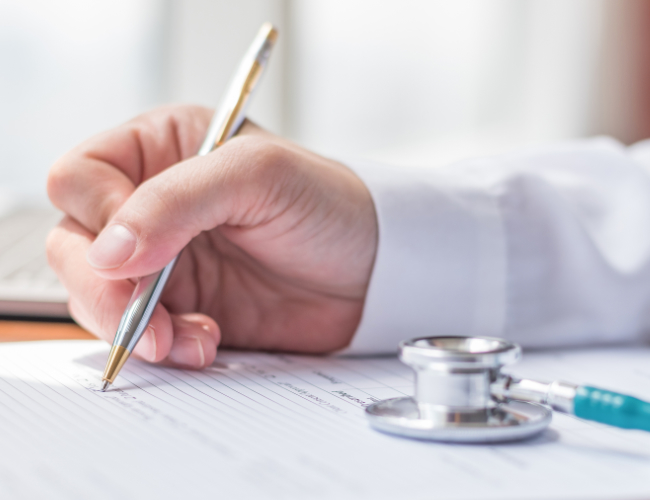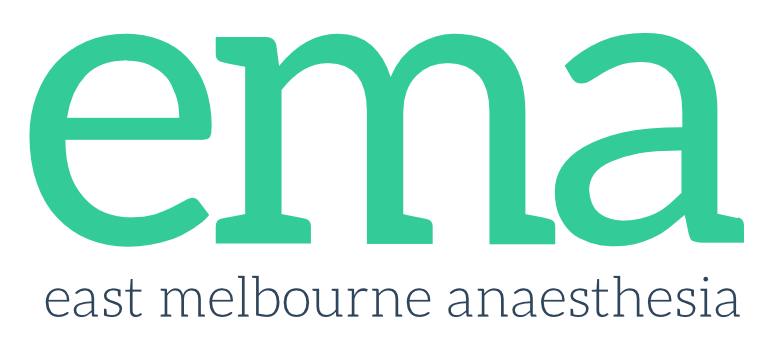Preparing for a procedure

The anticipation of an upcoming procedure can be challenging. Your anaesthetist will meet you on the day of surgery and will be able to answer specific questions. There are a few important aspects to consider when preparing for surgery.
Fasting
You will receive specific instructions from your surgeon or the hospital regarding when to stop eating and drinking prior to your procedure. The presence of undigested fluid and food in your system can put you at risk of serious complications and it is extremely important to adhere to these instructions.
General guidelines only:
- Fasting from food and non-clear fluids (e.g.: coffee with milk) for at least 6 hours prior to a procedure
- Generally, it is safe to consume clear fluid up until 2 hours prior to a procedure
- Small volume (<200ml per hour)
- Clear fluids are confined to:
- Water
- Black tea or black coffee (NO milk, sugar, sweetener, creamer)
- Clear apple juice
Medications
Please bring your medications into hospital with you, this will allow your anaesthetist to prescribe them accurately when you are an inpatient.
Please inform your surgeon of all of your medications prior to a procedure. These medications often need specific advice:
- Blood thinning medications – e.g.: aspirin, clopidogrel, warfarin, rivaroxaban, apixaban, dabigatran
- Diabetic medications – e.g.: insulin, metformin, empagliflozin, gliclazide
- Blood pressure medications – e.g.: metoprolol, ramipril
- Fluid/diuretic medications – e.g.: frusemide, spironolactone
Smoking
Please refrain from smoking for at least 24 hours prior to a procedure.
The perioperative period is when many people attempt to quit permanently.
- Quitting smoking for one day will lower carboxyhaemoglobin and nicotine levels and could be expected to improve tissue oxygen delivery.
- Quitting smoking for as little as three weeks has been shown to improve wound healing.
- Quitting smoking for six to eight weeks results in sputum volumes that are not increased compared to non-smokers, and improved pulmonary function.
- Immune function is significantly recovered by six months after quitting smoking.
Alcohol
Please refrain from excessive alcohol the evening prior to a procedure.
Logistics and Safety
Under no circumstances should you drive yourself home after anaesthesia and surgery.
Please arrange for a responsible adult to drive and escort you home upon discharge, as the residual effect of medication can adversely alter your perception, reflexes and judgment. In addition, a responsible adult should stay with you at home for 24 hours for safety.
